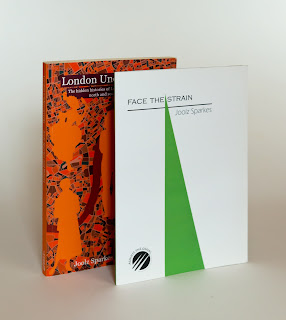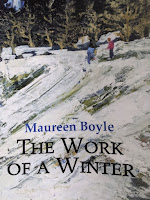
Exhibition ‘The Songs The Morning Sang’ by Andrew Brooks and Ian McMillan and my poem at The Portico Library in Manchester #Porticosnap https://www.theportico.org.uk/thesongsthemorningsangexhibition Not So Far / そう遠くない Now here is Pied Beauty’s country, not my home. In the shots and words as mixed metaphors, I’m straying. Where’s here? ‘ Somewhere in you ’ they say. Tram whistles are coming, then gone past ancient books. In the showcase, small strangeness is the alphabet. However, it does not matter. For everyone, morning light with quiet and intimate ‘ Oh ’. Hideko / 秀子


